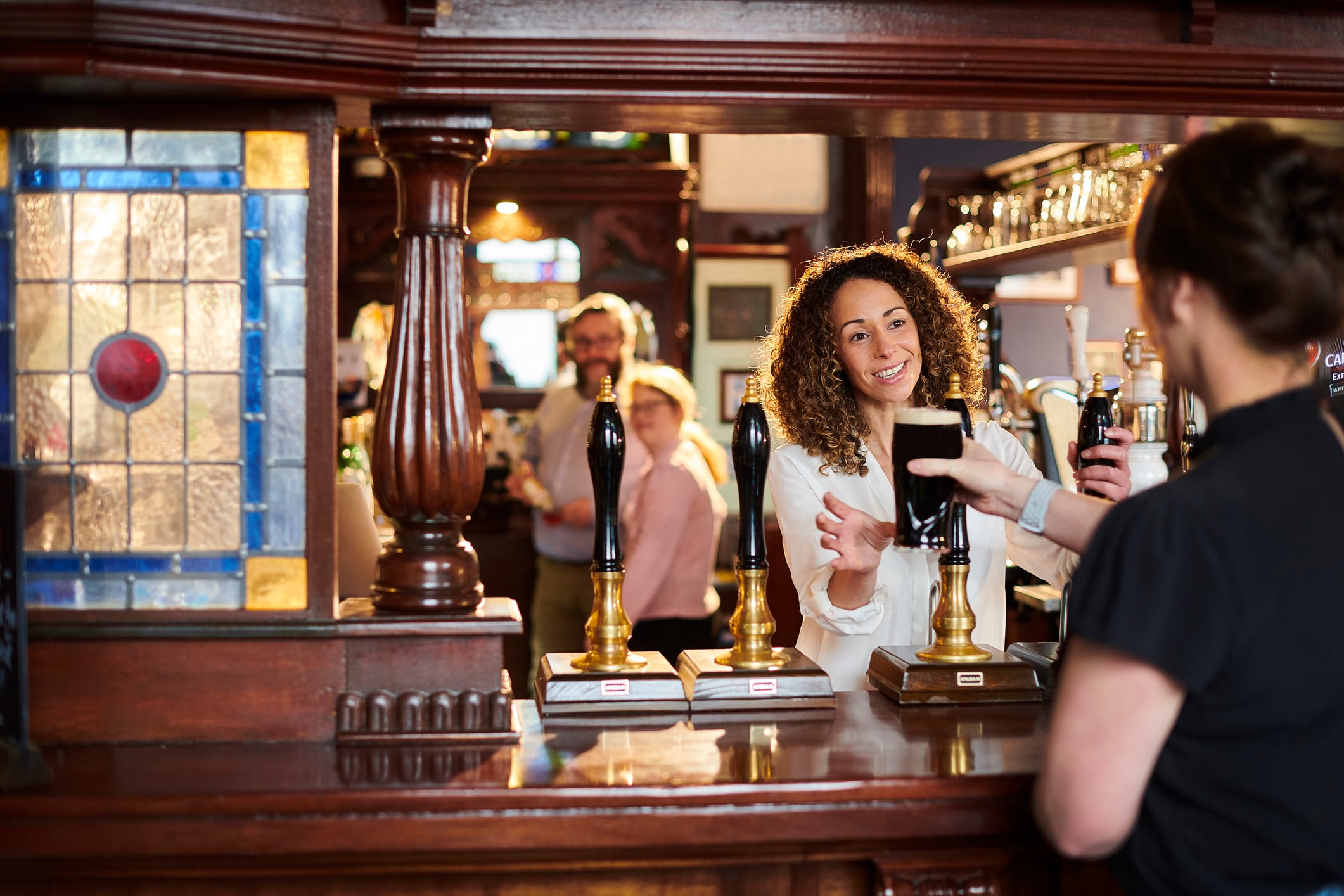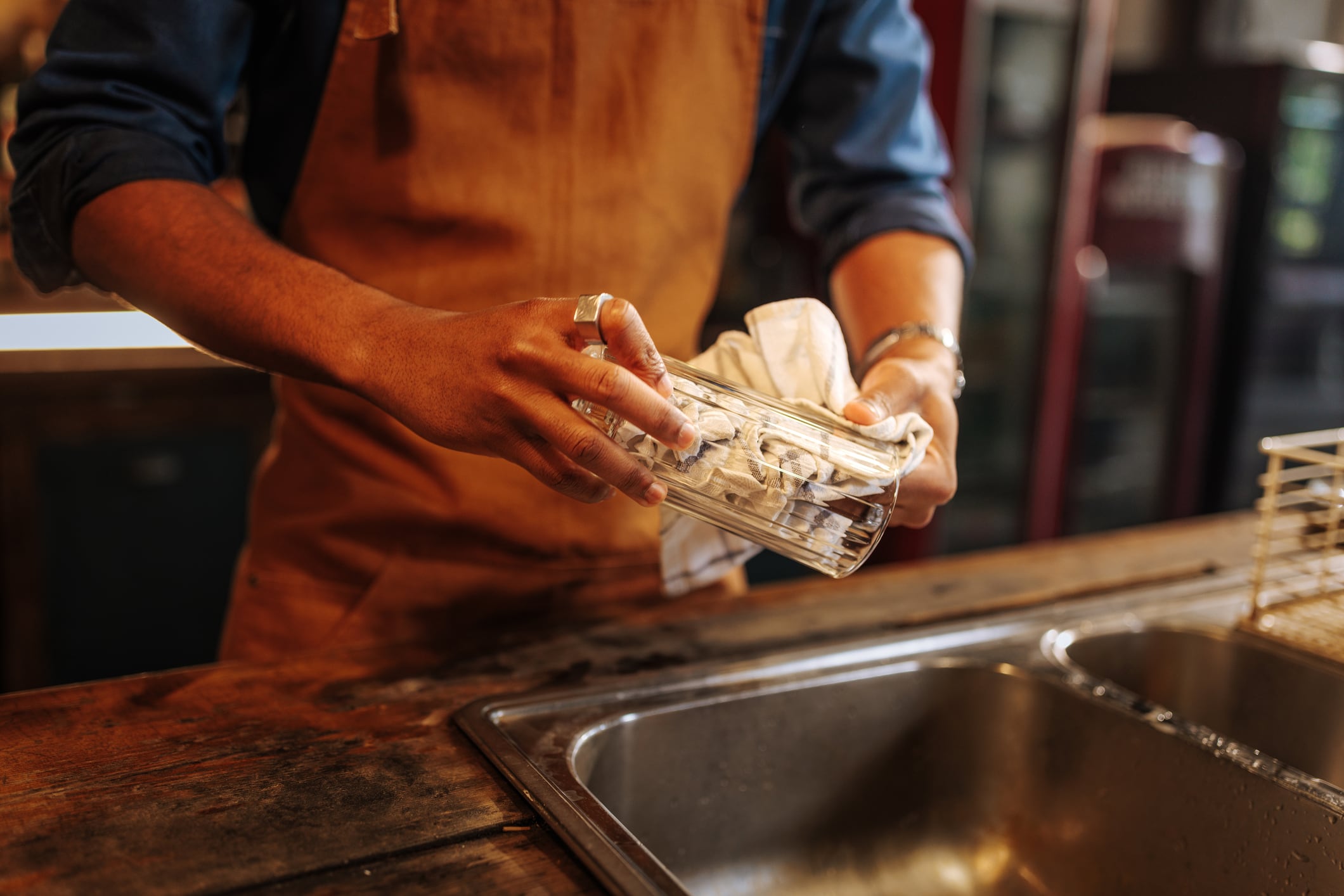The debate in Westminster Hall saw MPs discuss the importance and future of the hospitality sector.
Mike Wood, Conservative MP for Kingswinford and South Staffordshire, and former chair of All-Party Parliamentary Beer Group, who secured the debate, warned of the “existential threat” the sector faces.
He said: “Hospitality is being taxed out of existence, and that is a political choice.
“We need a change of course not just for the sector, but for every community that depends on it. We need policies that reflect the value that hospitality brings - economically, socially and culturally and we need action now.”
He added that hospitality is at the heart of communities, offering employment to 3.5m people and contributing £140bn in economic activity and £54bn in tax receipts to the Exchequer each year.
Wood also raised concerns that the hospitality sector, which has outgrown the wider economy in recent years, “barely features” in the Government’s new industrial strategy. And he pointed out the impact of business rates, along with other costs faced by hospitality businesses.
“A third of hospitality businesses now operate at a loss. That is not sustainable, and it is not fair,” he continued.
His view was backed by other MPs during the debate.
Viability of businesses
Gregory Stafford, Conservative MP for Farnham and Bordon, said: “I held a pub and hospitality roundtable in my constituency, where publicans stated that the changes in the Budget had been worse than covid for their balance books and the viability of their businesses.”
Mr Alistair Carmichael, Liberal Democrat MP for Orkney and Shetland, raised concerns about the food and drink sector not being in the industrial strategy.
He said: “If we were to bring food and drink and hospitality into the industrial strategy, we would not suffer the salami slicing of over-regulation that we are seeing, especially in Scotland, where the self-catering industry is now being hit with another round of regulatory burdens?”
Meanwhile Labour/Co-op MP for Truro and Falmouth Jayne Kirkham said she has 1,761 hospitality businesses in her constituency in Cornwall with costs forcing some to close.
“That will have a knock-on effect on the number of employment and apprenticeship opportunities available to our young people, who have already suffered from years of broken education and isolation during Covid, and a lack of special educational needs and disabilities support in schools over the last decade,” she added.
Rural communities
The importance of rural businesses and their impact were also raised by MPs.
Angus MacDonald, Liberal Democrat MP for Inverness, Skye and West Ross-Shore said that he was brought up in a rural inn and his brother has a brewery.
“I would say that the hospitality sector in rural Britain has not struggled more in my lifetime. Both the last two Governments have plucked the golden goose of hospitality so often that it no longer has any feathers,” he said.
While Sarah Bool, Conservative MP for south Northamptonshire, also raised concerns about the impact on rural areas.
“We must remember—this is a word of warning—that in rural areas, we do not have the luxury, as we do in cities such as London, of being able to go to a pub or restaurant in another street," she said.
“The loss of a pub, restaurant or hotel leaves a vast desert. Covid, when we all had to isolate, reminded us of the importance of social interaction and contact. I say to the Minister, ‘Please do not deny rural communities these opportunities through poor policy.’”
Anna Gelderd, Labour MP for south east Cornwall asked the minister what support was available for small pub businesses: “We have so many brilliant local businesses, such as the Finnygook Inn in Crafthole. The pub, which I know well, employs local people, supports regional producers and offers a warm welcome to all.
“Like many other pubs, the Finny plays an essential role in the fabric of my local community but, like others in the sector, it is struggling under the pressure of high VAT rates, and the UK’s hospitality rate is higher than that in many other countries.”
Unite communities
In addition, Llinos Medi, Welsh Plaid Cymru politician, for Ynys Mon, raised the issue that pubs are more than just economic businesses but have a social value.
“They are places that unite communities and breathe life into our towns and villages. That should be reflected in the business rates system by rebalancing it in a fair way to support local bricks and mortar businesses over major retailers,” she said.
The Parliamentary Under-Secretary of State for Business and Trade Gareth Thomas said he recognised the important role that pubs have to communities and personal lives.
“Hospitality businesses such as pubs support community cohesion. They provide welcoming spaces for those who feel isolated and alone to enjoy the company of others. In short, hospitality is the backbone of our high streets, towns and villages; it is the lifeblood of all our communities,” he said.
He promised to deliver on the manifesto commitment to create a fairer business rate system that protects the high street, supports investment and is fit for the 21st century.



